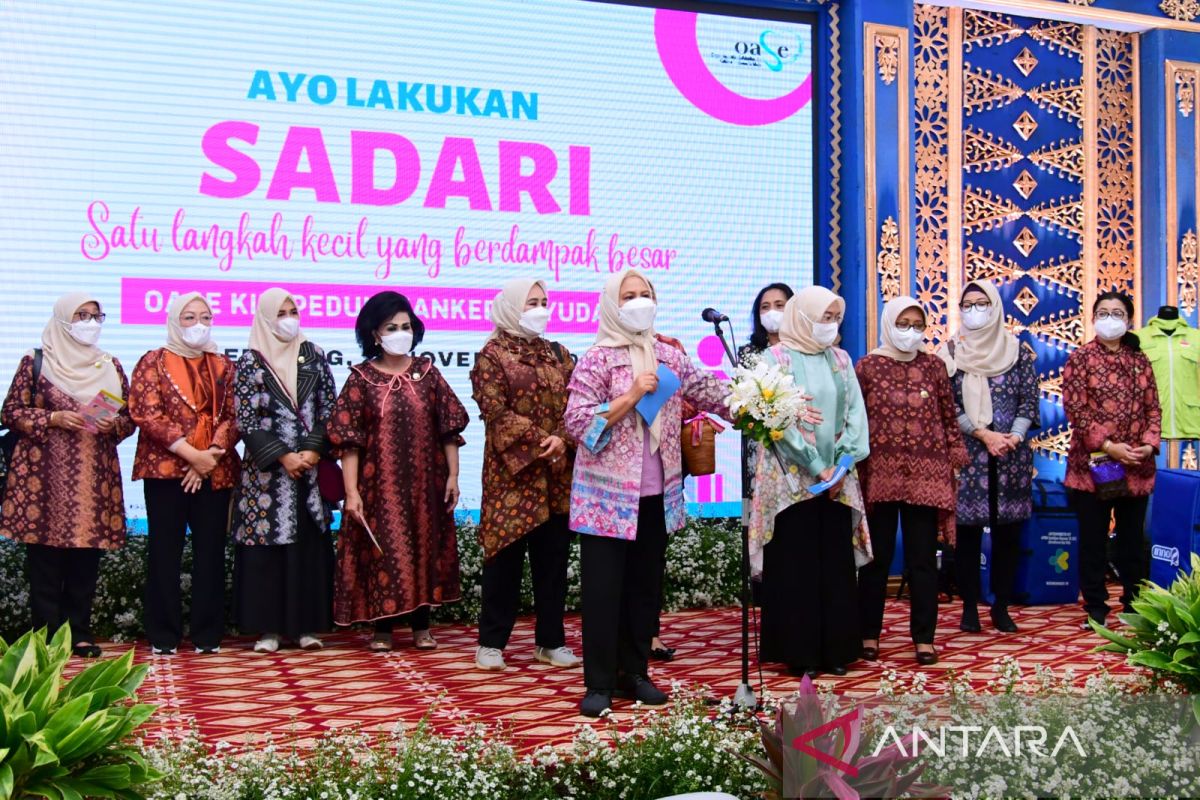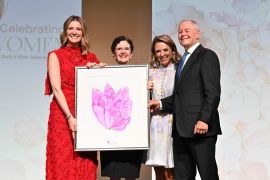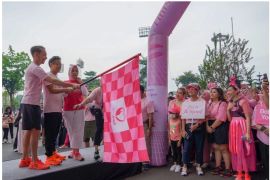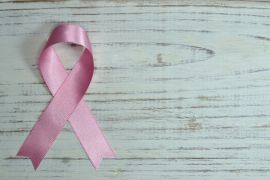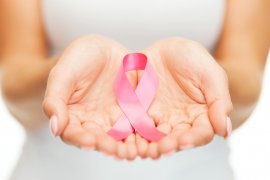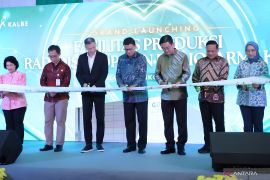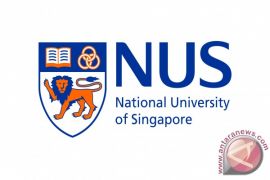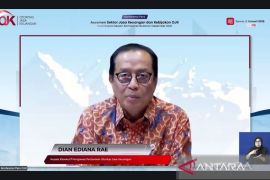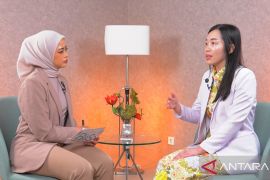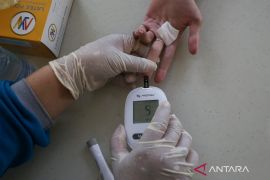Globocan data in 2020 also showed that breast cancer accounted for 16.6 percent of new cancer cases, equal to 68,858 cases, in Indonesia. The disease alone caused more than 22 thousand deaths in the same year.
“A more concerning fact is that 70 percent of (breast cancer) patients seek medical assistance only when the cancer is in the advanced stage despite the recovery rate reaching 90 percent for cases known way earlier,” Indonesian Breast Cancer Foundation (YKPI) Chairperson Linda Agum Gumelar stated here on Thursday (March 16).
All relevant parties must take action to disseminate information and educate residents about breast cancer to raise awareness of the disease and reduce the number of women suffering from the advanced stage of cancer, she emphasized
Gumelar, a breast cancer survivor herself, said that earlier detection of the disease would allow earlier medical intervention and increase the possibility of recovery from cancer and the quality of life.
She noted that her diagnosis in 1996 found that the cancer in her body was in its earlier stage and had not spread to other parts of her body, thereby allowing earlier treatment that ensured her full recovery from breast cancer.
As early detection is key to full recovery from breast cancer, Gumelar appealed to Indonesian women to routinely self-examine their breasts to check for any abnormalities that might be symptomatic of cancer.
“If you feel any lump in your breast, promptly check yourself with the doctor. Moreover, (you must) maintain a healthy lifestyle by having routine health checks, avoid cigarette smoke, engage in frequent physical activities, consume a balanced diet, get enough rest, and regulate stress,” Gumelar expounded.
Jakarta Dharmais Hospital’s oncology surgery consultant, Dr Iskandar, suggested three methods for women to screen breast health and detect abnormalities.
“The first method is breast self-examination. The method is performed every month after menstruation and is best for young women up to 20 years old. I suggest the examination be performed seven to 10 days after the end of the menstruation period for a more accurate result,” the doctor stated.
Related news: Government commends launch of breast cancer guidebook
Iskandar said that the second method is a clinical examination of the breast that is best performed every three months for women aged 20 to 40 years old and annually for women beyond 40 years of age.
The third method is mammography that is suitable for women above 40 years of age, he remarked.
“I urge Indonesian women to not be afraid to ask for medical assistance if they find any abnormalities in their breasts. Being mindful (of personal health) and brave is key to suppressing the cases of women suffering from advanced breast cancer,” Iskandar stated.
He pointed out that one symptom that might indicate the presence of breast cancer is a painful or painless lump in the breast or armpit.
Other symptoms of breast cancer are fluid excreted by the nipple, inverted nipple, changes in breast size and shape, breast skin and areolae color change, and wound in the nipple or areolae.
Iskandar said the most prevalent cause of breast cancer is the genetics factor that accounts for 85 percent of the cancer reaching the advanced stage. The internal factor is caused by failure of the repair mechanism at the DNA level that caused abnormal cells to remain and cause cancer, he expounded.
He also emphasized the importance of cancer screening, particularly for families with members, who had suffered from any form of cancer.
Meanwhile, several leaders of Indonesian women's organizations emphasized that disseminating information about breast cancer is a collective task that requires collaboration from various stakeholders and individuals.
Chairperson of the East Kalimantan branch of Women Organizations’ Cooperation Body (BKOW) Suryani Astuti emphasized the need to intensify the dissemination of information to raise awareness of breast cancer prevention among Indonesian women.
“Through a dissemination (of information) about breast cancer, women can understand what is breast cancer and how to prevent breast cancer,” Astuti stated.
General Secretary of the West Kalimantan BKOW Lili Santi also expressed hope that Indonesian women would share information about ways to detect breast cancer earlier with all women.
Moreover, North Kalimantan BKOW Chairperson Ainun Farida stated that collaboration among relevant stakeholders is essential to raise awareness about breast cancer and lauded the ongoing collaboration between YPKI and BKOW nationwide for the mission.
“We hope such activities can continue. Hence, every woman can understand the dangers of breast cancer and could provide the best solution for herself and her family,” Farida remarked.
Breast cancer remains a credible threat to Indonesian women, and efforts must be optimized to disseminate information and raise awareness about the disease, as earlier detection will help those with the cancer have a greater chance of full recovery.
Related news: Ministry promotes breast cancer awareness to prevent late detection
Related news: Gov't outlines four strategies for cancer handling, prevention
Translator: Indriani, Nabil Ihsan
Editor: Yuni Arisandy Sinaga
Copyright © ANTARA 2023
